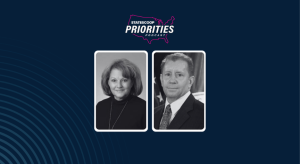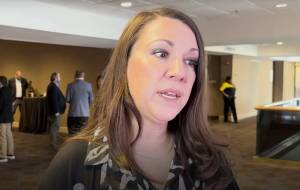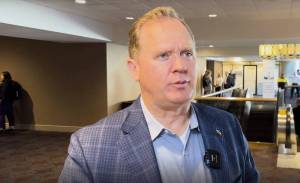How do you see USDR differing from other similar organizations?
It’s interesting, we actually see a little bit of a bifurcation. I would say that established civic tech organizations like USDR and Code for America and DataKind tend to work with partners who are on the ground and use that partnership as the way to make sure they know what is needed in a community.
There are other pop-up efforts that emerge after any given disaster moment that are often more citizen-led. That’s where people will spin up because they think they see a need and they don’t necessarily have contacts with the institutions around them to make it happen, so they put their blood, sweat and code in to building systems. And that can work really well because they’re the ones who are the most knowledgeable about the problem because they’re on the ground, and sometimes it can stumble because they don’t necessarily have access to the knowledge about what’s broken or the internal resources they might need in order to make it happen.
The way we’re growing and evolving is focusing on critical needs and then as they arise, either in the rapid response moment or in building resilience to meet them in the future. That’s why the umbrella has widened for us.



